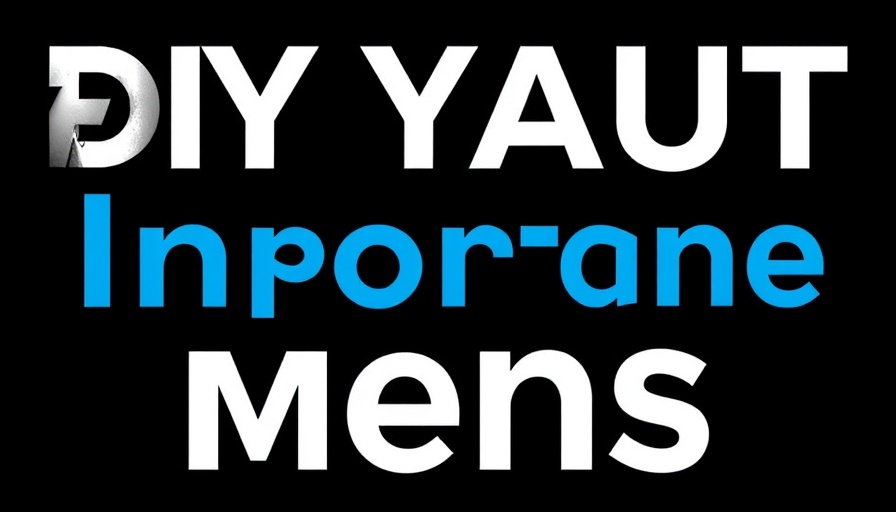
AI Poses Ethical Risks, Warns Pope Leo XIV
Pope Leo XIV has stepped into the global discussion on artificial intelligence (AI), labeling it a significant threat to human dignity and labor rights. In what marks his first major address as the leader of the Roman Catholic Church, the Pope has drawn parallels between today's AI advancements and the labor exploitation of the 19th century during the Industrial Revolution.
During a recent speech addressed to the College of Cardinals, Pope Leo XIV emphasized that we are facing a new era where AI poses unique challenges that society must confront. "We are entering a new industrial revolution with issues that mirror the injustices faced by workers over a century ago," he remarked, alluding to Pope Leo XIII’s historic encyclical, Rerum Novarum, which responded to labor exploitation back then. This continuity in papal rhetoric highlights the Church's ongoing commitment to promote justice and protect the rights of workers in light of emerging technologies.
Rising Concerns Over AI
The Pope’s address comes amid increasing global anxiety regarding AI’s impact across various sectors, including economic stability and media integrity. His comments were particularly timely, arriving just days after a controversial AI-generated image of former U.S. President Donald Trump was shared and subsequently amplified by high-profile accounts, igniting debates about the authenticity of media and the ethical use of technology.
The Catholic Church Takes a Stand
Pope Leo XIV's choice to prioritize AI in his papacy signals not just an intention to address current technological challenges but also a broader effort to influence global dialogue on ethics in technology. With his stance, he is not only calling for responsible AI development but also setting the stage for the Catholic Church to take a leading role in conversations surrounding the moral implications of such advancements.
The Way Forward
As discussions around AI evolve, the Catholic Church's affirmation of human dignity and labor rights may provide a crucial moral compass in navigating this transformative landscape. Pope Leo XIV is advocating for a balance between technological advancement and safeguarding human rights, indicating that spiritual leadership is essential amidst the growing power of technology.
 Add Row
Add Row  Add Element
Add Element 



Write A Comment